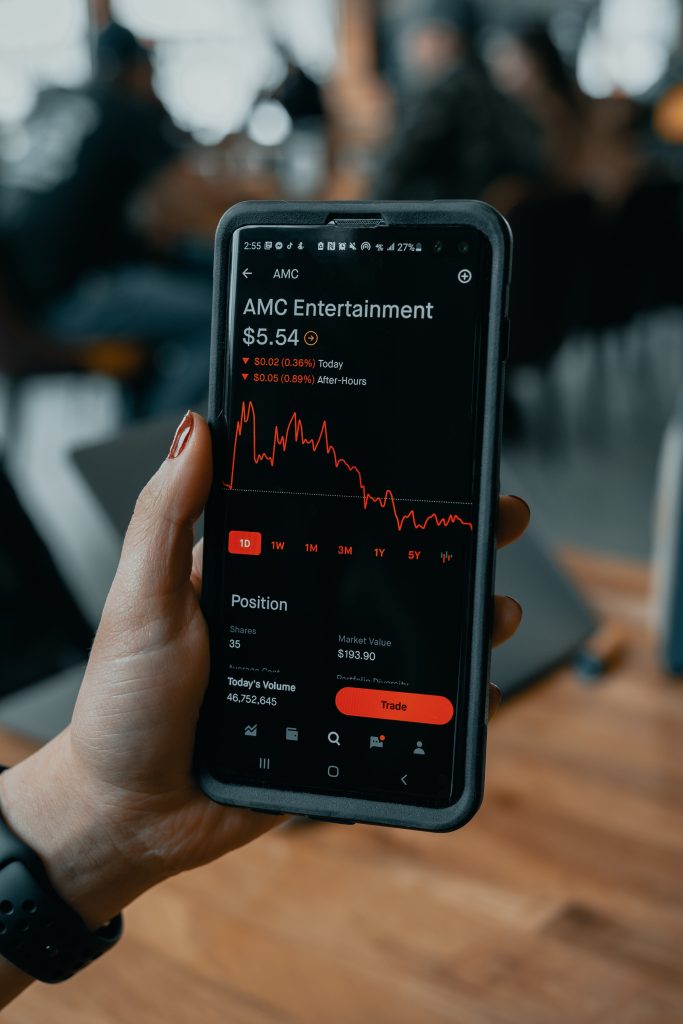Monetary Policy: Definition and Tools
Monetary policy is a crucial aspect of managing an economy. It refers to the actions taken by a government or central bank to control the supply of money and credit in an economy. This article will explain what monetary policy is, its importance, and the tools used to implement it.
What is Monetary Policy?
Monetary policy is the process of managing the money supply and credit in an economy. The goal is to achieve certain macroeconomic objectives, such as stable prices, full employment, and economic growth. Central banks are usually responsible for implementing monetary policy.
Why is Monetary Policy Important?
Monetary policy is essential for maintaining a stable and healthy economy. By influencing the amount of money and credit available in the economy, monetary policy can help control inflation, stimulate economic growth, and create jobs.
Tools of Monetary Policy
Central banks use several tools to implement monetary policy. One of the most common tools is changing interest rates. This affects the cost of borrowing and influences consumer and business spending. Another tool is changing the reserve requirement, which determines the amount of money banks must hold in reserve to cover their deposits.
Other tools used in monetary policy include open market operations, discount window lending, and forward guidance. Open market operations involve buying or selling government securities to affect the amount of money in circulation. Discount window lending involves lending money to banks that are facing a temporary shortage of funds. Forward guidance is a tool that central banks use to communicate their plans for future policy actions.

Example
Let’s say the economy is experiencing inflation, which means that the prices of goods and services are increasing. To combat this, the central bank might implement a contractionary monetary policy. They could raise interest rates, which would increase the cost of borrowing money. This would make it more expensive for businesses and individuals to take out loans, reducing spending and slowing down economic growth.
Additionally, the central bank could increase the reserve requirement, which would require banks to hold more money in reserves, limiting the amount of money available to lend. With less money available to borrow, businesses and consumers would be less likely to spend money, helping to reduce inflation.
Conclusion
Monetary policy plays a vital role in managing the economy. By controlling the money supply and credit in an economy, central banks can influence inflation, employment, and economic growth. Understanding monetary policy and its tools is essential for anyone interested in economics or finance.



